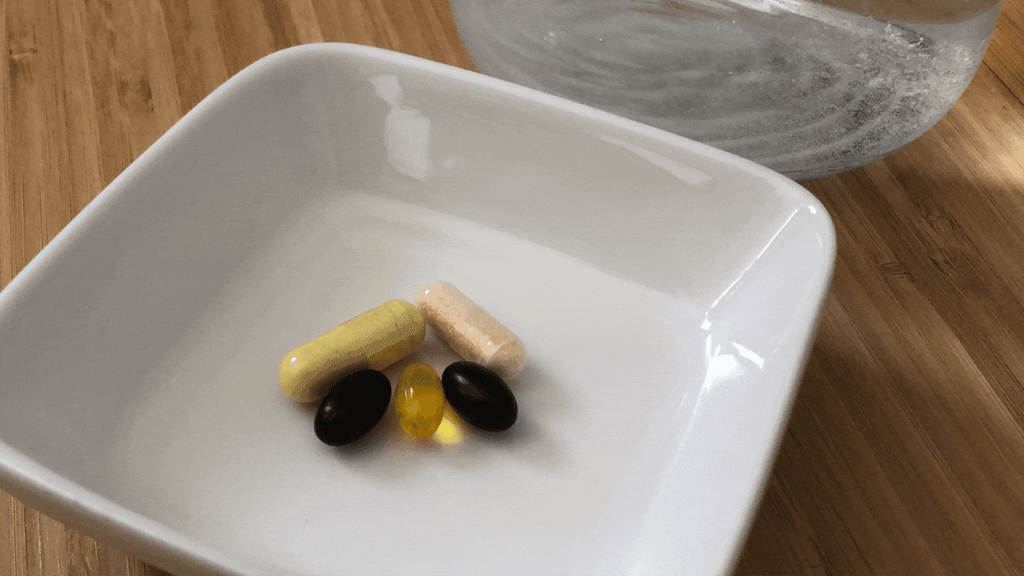Read Time: 5 min | Categories: Body Health | Immunity
A Naturopathic Doctor’s Cold & Flu Routine
Joyce Johnson, ND (Inactive)
Share this article
What I Do When I Get Sick: A Naturopathic Doctor’s Cold & Flu Routine
As much as I hate to admit it, even doctors get sick. When I am feeling under the weather, the best thing I can do is to stay home. Since colds and flus are often upper respiratory infections caused by viruses, not bacteria, antibiotics are not effective. This means that I use home remedies and supplements not only to help prevent infections, but also to treat symptoms and speed recovery during colds and flu.
Get Plenty of Sleep
Sleep and immunity are closely tied. When I am feeling under the weather, the first thing I make sure to do is sleep as much as I can. Adults need 7-9 hours of sleep each night, teens need 8–10 hours while children and infants require up to 14 hours. Research supports that not getting enough sleep is linked to an increased susceptibility to getting sick. When you are feeling ill, this is the minimum because when you do get sick, more sleep will help your immune system better fight off the illness.
 Drink Lots of Fluids
Drink Lots of Fluids
Being hydrated helps your body to be able to flush germs out of your system. I try to drink at least 2L of water or herbal tea per day. Adding in honey is also helpful because it has natural antiviral and antimicrobial properties – and it helps to soothe a sore throat!
Gargle with Salt Water
Salt water gargle can help soothe a sore throat. I mix ½ a teaspoon of salt into a cup of warm water. I gargle with the solution twice per day or more if needed.
Take Supplements
To keep my immune system healthy, I take probiotics, and vitamins C and D daily. When symptoms begin, I add in zinc lozenges, increase vitamin C and herbs like echinacea, elderberry and oregano oil to help decrease the length of the illness and to help lessen symptoms.

Supplement Spotlight
Supplements that support healthy immune system function are primarily formulated to offer a degree of prevention with few unpleasant side effects, such as drowsiness. Many of these supplements have been scientifically proven to strengthen your body’s general immune response.
- Vitamin C is an antioxidant that supports a healthy immune system. In many studies reduced vitamin C levels are associated with lower immune function. There is evidence that high doses of vitamin C may decrease the length of cold symptoms by as much as one to one-and-a-half days for some people. [1], [2], [3] As a busy mom, I like using a timed-release formula taken in the morning to last me throughout the day.
- Vitamin D deficiency may increase your chances of getting sick. [4] Research has associated a link between vitamin D and respiratory infections. [5], [6] People with the lowest blood vitamin D levels reported having significantly more recent colds or cases of the flu. I highly recommend that you get your blood levels tested by your doctor.
- Probiotics alter the balance of microflora in the gut and play an important role in immunity. [7] Research supports the use of probiotics to increase the immune response during the course of the common cold. [8] Along with a multi-strain probiotic formula, I try to include fermented foods in my daily diet such as pickles, sauerkraut, plain Greek yogurt and kombucha.
- Echinacea is used to both prevent or decrease the duration of the common cold. [9], [10], [11] Research shows echinacea works by stimulating immune function, helping the body fight off infections, especially of the upper respiratory tract, as well as helping reduce cold symptoms.
- Elderberry is rich in antioxidants to support your immune system help to shorten the duration of colds and the flu.
- Oregano Oil has anti-inflammatory and antiviral effects and has a history of use for respiratory disorders.
- Zinc is a mineral that boosts immunity and has been found to reduce the duration of a cold. [12] It is often found as an ingredient in lozenges to help soothe a sore throat.
Chicken Noodle Soup
Chicken soup has a lot of anecdotal data on how Grandma’s best medicine can help fight off a cold. Sometimes grandma really does know best! Hot soup packed with nutrients and made with real chicken bone broth provides collagen, amino acids, and minerals to help your body heal. Chicken soup tastes great and is easy to digest.
Aromatherapy
A great way to break up mucus in your body is with aromatherapy. Rubbing camphor or menthol rub around your nose and on your chest can help give relief. You can use aromatherapy oils, such as peppermint and eucalyptus which are great in a nice hot bath.
Visit a Doctor
“An apple a day can keep the doctor away,” a familiar saying that may have truth behind it after all. Eating nourishing foods rich in certain nutrients can help your immune system fight off illness.
But as a doctor, I do know that sometimes a visit to the doctor is in order. Consult with your doctor if your symptoms persist or worsen and prior to supplementation use if you have an existing condition or are taking medication.
